Holding Court: Freedom and Our Government
Holding Court is a new series by retired Rye City Court Judge Joe Latwin. Latwin retired from the court in December 2022 after thirteen years of service to the City.
What topics do you want addressed by Judge Latwin? Tell us.
By Joe Latwin
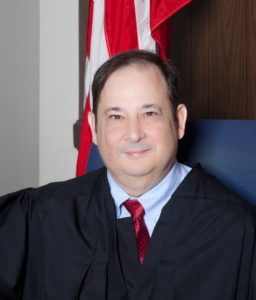
Remember when we were the subjects of King George III and had no representation in the Legislature? Our Founding Fathers did! They set up our government to protect freedom and limit the authority of the government to restrict our liberties.
This past week the U.S. Supreme Court addressed a case where the complaints charged the government with overstepping its authority to restrict our liberties. The case involved the Clean Water Act (CWA). The Clean Water Act was enacted in 1972 during the Nixon Administration. Justice Alito asked, “The Act applies to “the waters of the United States,” but what does that phrase mean? Does the term encompass any backyard that is soggy enough for some minimum period of time? Does it reach “mudflats, sandflats, wetlands, sloughs, prairie potholes, wet meadows, [or] playa lakes? How about ditches, swimming pools, and puddles?”
The Petitioners bought property near a lake in Idaho, and began backfilling the lot with dirt to prepare for building a home. The Environmental Protection Agency informed the Petitioners that their property contained wetlands and that their backfilling violated the Clean Water Act, which prohibits discharging pollutants into “the waters of the United States.” The EPA interpreted “the waters of the United States” to include “[a]ll . . . waters” that “could affect interstate or foreign commerce,” as well as “[w]etlands adjacent” to those waters. “[A]djacent” was defined to mean not just “bordering” or “contiguous,” but also “neighboring.”
Agency guidance instructed officials to assert jurisdiction over wetlands “adjacent” to non-navigable tributaries when those wetlands had “a significant nexus to a traditional navigable water.” A “significant nexus” was said to exist when “‘wetlands, either alone or in combination with similarly situated lands in the region, significantly affect the chemical, physical, and biological integrity’” of those waters. The EPA classified the wetlands on the Petitioners’ lot as “waters of the United States” because they were near a ditch that fed into a creek, that fed into the Lake, a navigable, intrastate lake. The EPA ordered the Sacketts to restore the site, threatening penalties of over $40,000 per day. The Petitioners sued, alleging that their property was not “waters of the United States.” The lower granted judgment for the EPA and the Circuit of Appeals affirmed, holding that the CWA covers wetlands with an ecologically significant nexus to traditional navigable waters and that the Petitioners’ wetlands satisfy that standard.
So what you have is Congress enacting a vague law and an unelected administrative agency broadly interpreting the law that limits freedom. The Supreme Court interpreted the vague statutory language. It said the CWA’s use of “waters” refers only to “geographic[al] features that are described in ordinary parlance as ‘streams, oceans, rivers, and lakes’” and to adjacent wetlands that are “indistinguishable” from those bodies of water due to a continuous surface connection.
To assert jurisdiction over an adjacent wetland under the CWA, a party must establish “first, that the adjacent [body of water constitutes] . . . ‘water[s] of the United States’ (i.e., a relatively permanent body of water connected to traditional interstate navigable waters); and second, that the wetland has a continuous surface connection with that water, making it difficult to determine where the ‘water’ ends and the ‘wetland’ begins.” The lower court judgment was reversed.
The question is not whether we should have clean water. Everyone wants that. No one wants polluted water. No one wants their freedoms restricted (but many are not to concerned with limiting others freedoms). Reasonable people can differ as to what should be the law, but we have created an elected Congress to make the law. If Congress chooses to be non-specific in what it seeks to prohibit, the remedy is for Congress to enact a more specific law. Congress can weigh the benefits of the law with its impingement on freedom. The People can vote the Congress out if it is not satisfied with the performance of the Congress.

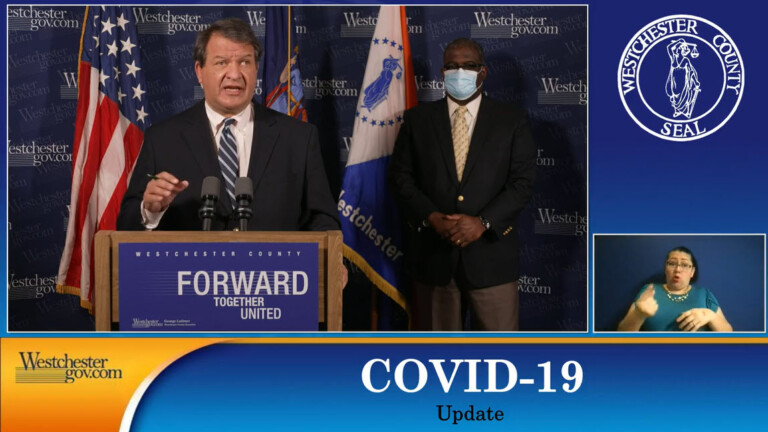
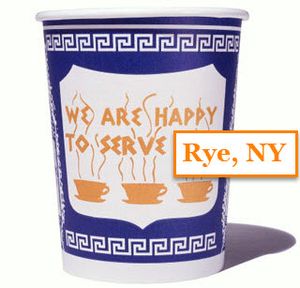
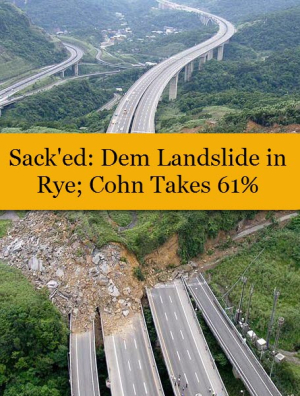
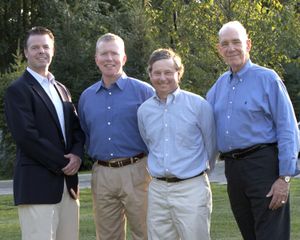
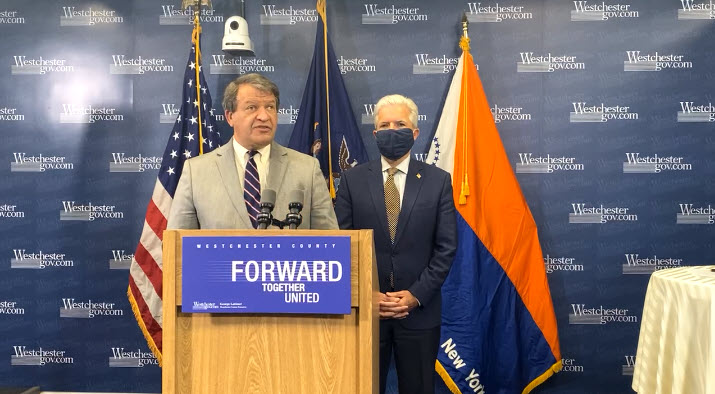

Omg nothing like missing the bigger picture. As we have become more sophisticated(read SCIENCE) we have learned that water moves underground. So yes water 300 miles away can affect your water if it is connected- even if you can’t see it. Rye residents especially see how important wetlands are for flooding and clean water. Sometimes we depend on the professional scientists (who know more than you or I) to interpret laws for the best interest of everyone. Some people in this country have decided these professionals are a swamp and must have an ulterior motive because it doesn’t serve monied interests. Ignoring science is a fools game. This is not about Congress passing laws, as they can’t even agree who gets which office or to pay their bills, but a fundamental desire to return to a different and easier to understand time. The court was wrong to not acknowledge the gray. Simple isn’t always right.
You missed the point completely. Our elected Congress makes the laws – the Court interprets them. The unelected Court does not make laws. This is not about clean water. It is about how we govern. Scientists don’t make laws. They inform our legislators who make the laws after weighing all interests. We get to elect the Congress that makes the laws.